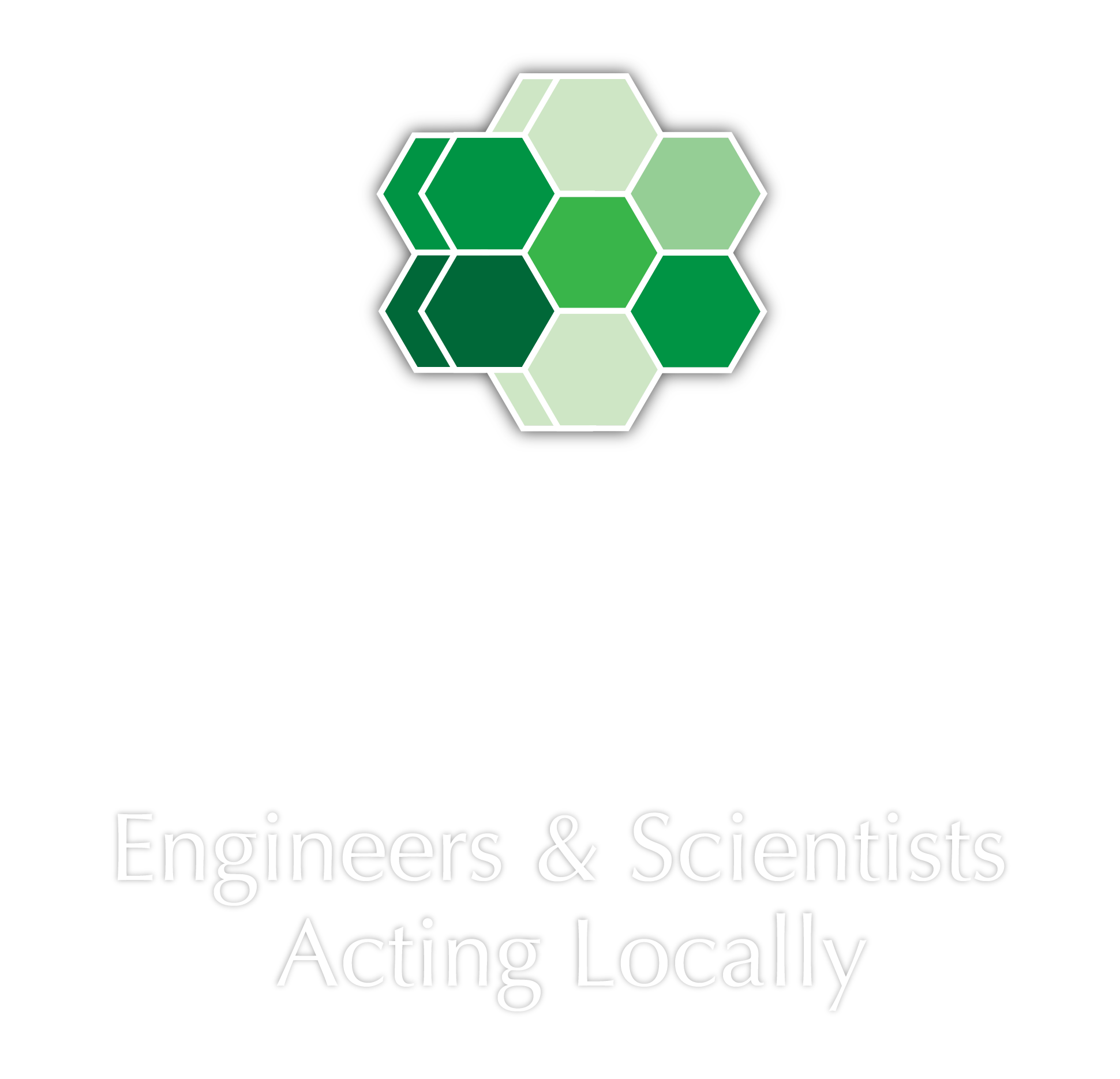On February 15th, ESAL discussed ways in which local intervention has been implemented to allow for better adaptation and mitigation efforts in the face of climate change. Learn from a panelist of nonprofit and local agency representatives about how they have been carefully monitoring flooding, in particular, to address the needs of the community.


